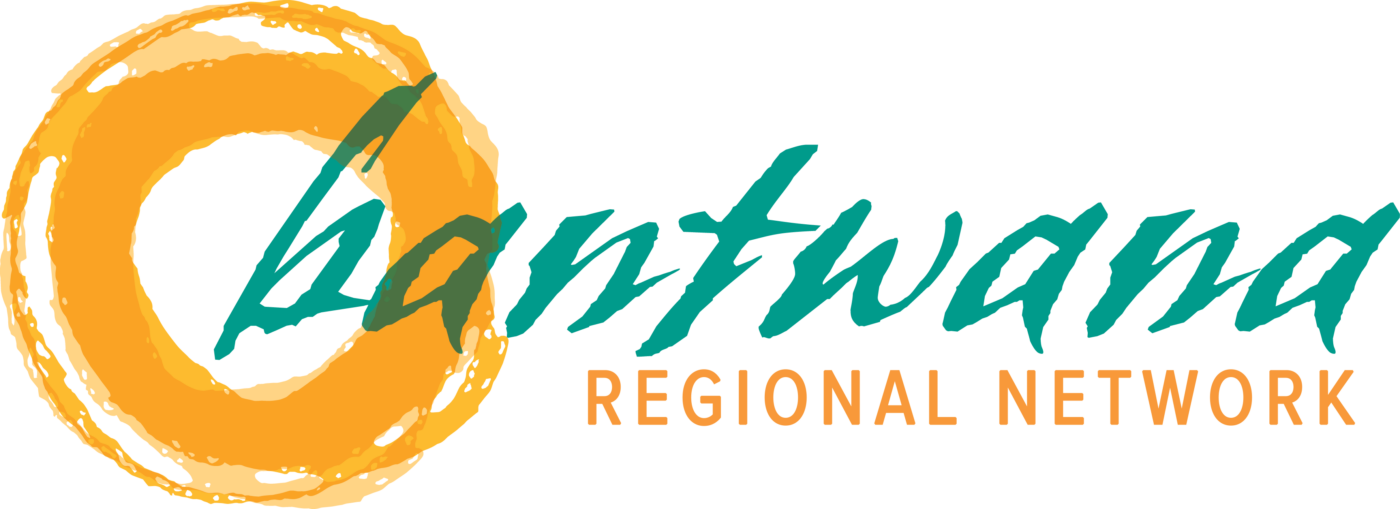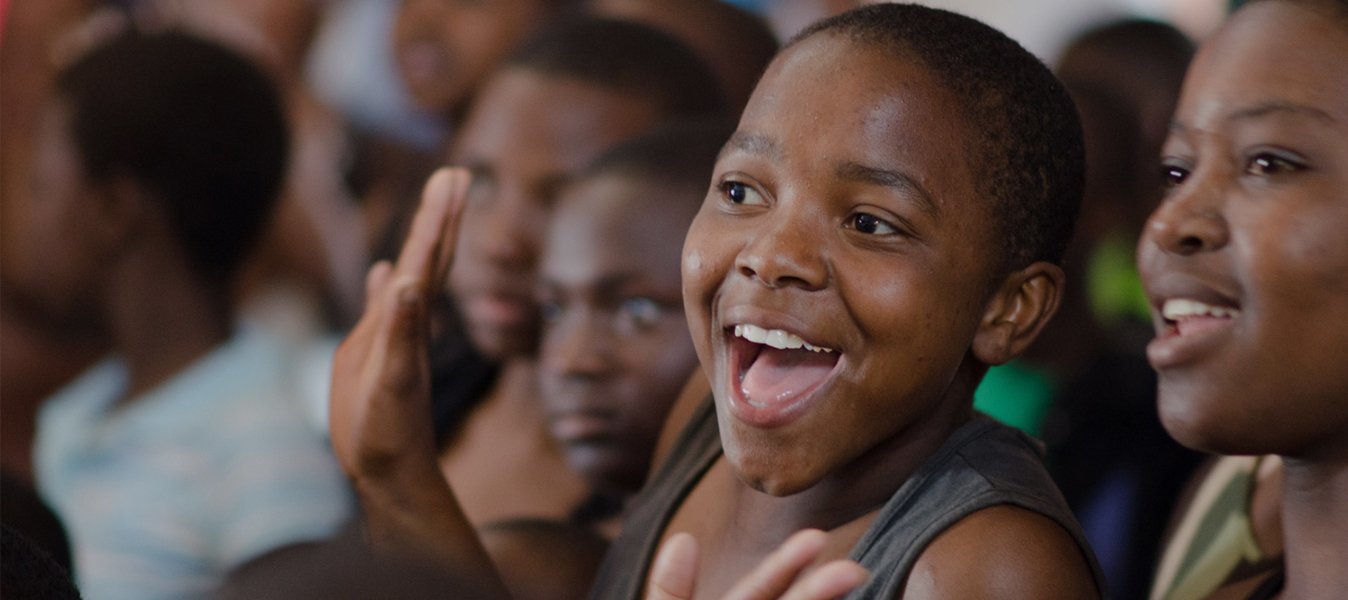WEI/Bantwana and regional affiliate Bantwana Zimbabwe piloted a comprehensive Case Management System (CMS) under the Zambian government’s Keeping Girls in School initiative. This collaboration with the Ministry of Gender Education (MOGE) was a natural follow-on to the initial CMS design and development project that was successfully completed in 2020.
The pilot was conducted over a period of 12 months in three districts with high dropout rates, targeting approximately 9-10 pilot schools and 9-10 control schools per district. The interventions took a multi-sectoral approach to building implementation capacity and service delivery innovations, and engaged with cadres from several key ministries at community, district, provincial, and national levels.
The Context
When adolescent girls access and complete secondary education, they, their families, and their communities benefit well into the future — through improved health outcomes, increased education for the next generation, and higher household incomes. Though Zambia has achieved enrollment parity between boys and girls in primary school, inequities persist at the secondary level, as vulnerable adolescent girls either do not progress to secondary school or drop out at high rates before completion. This gender gap is attributed to several intersecting factors: poverty, school-related gender-based violence, long distances to schools, unsafe boarding facilities, absenteeism, risky sexual activity, child labor, and early pregnancy or marriage.
The Keeping Girls in School (KGS) initiative of the Government of the Republic of Zambia was launched in 2015 to address inequalities in educational attainment related to gender and poverty and reduce secondary school drop-out rates among vulnerable adolescent girls. KGS is led by the Ministry of General Education (MOGE), and funded through the World Bank’s Girls Education and Women’s Empowerment and Livelihoods (GEWEL) program.
Initially set up to cover school fees for extremely poor girls in Grades 8-12 (ages 14-18) in 27 impoverished districts, KGS has expanded its reach to 39 districts and is incorporating a broader set of support services, with the recognition that vulnerable girls need more school fees support to stay on and succeed in school.
Initial Steps
WEI Bantwana was contracted to help develop a Case Management Framework to detect and mitigate access barriers and risk factors among KGS-supported students. Through collaboration, consultation, and workshopping, the Bantwana Team designed an actionable, practical framework as well as a companion Operations Manual and Toolkit. Together, these inputs enable district and school/community actors to set up, run, and monitor a case management system (CMS) that supports girls’ enrollment and retention in secondary school. Designed to act as a prevention and response system, the KGS CMS targets three categories of vulnerable girls:
- Girls at risk of dropping out of school
- Girls who have already dropped out
- Out-of-school girls who are eligible for KGS assistance but need extra support to access formal or non-formal education.
Piloting the Case Management System
WEI/B and Bantwana Zimbabwe piloted the CMS framework and system in the three districts of Lufwanyama, Nalolo, and Petauke, targeting schools with high dropout rates. Each district was deliberately chosen from a different province to capture implementation experiences from varied sub-national contexts to inform a subsequent national scale-up of the KGS CMS. Working closely with MOGE and the national KGS team, and engaging the Ministries of Youth and Sports; of Health; and of Community Development and Social Welfare, the project team built the capacity of this wide range of stakeholders for coordinated implementation of case management at the school and community levels.
At the district and community level, WEI/B mapped and engaged public, private, and civil society organizations that offer a range of essential services (health, counselling, child protection, housing, legal, etc.) to form a local KGS referral network. Monthly case conferences identified and linked at-risk KGS girls to the services they need, with follow-up and monitoring through to case closure. The intended result was a community-centered and coordinated system that comprehensively supports and empowers vulnerable adolescent girls to enroll and stay in school, and successfully complete their education through formal or non-formal learning pathways.


